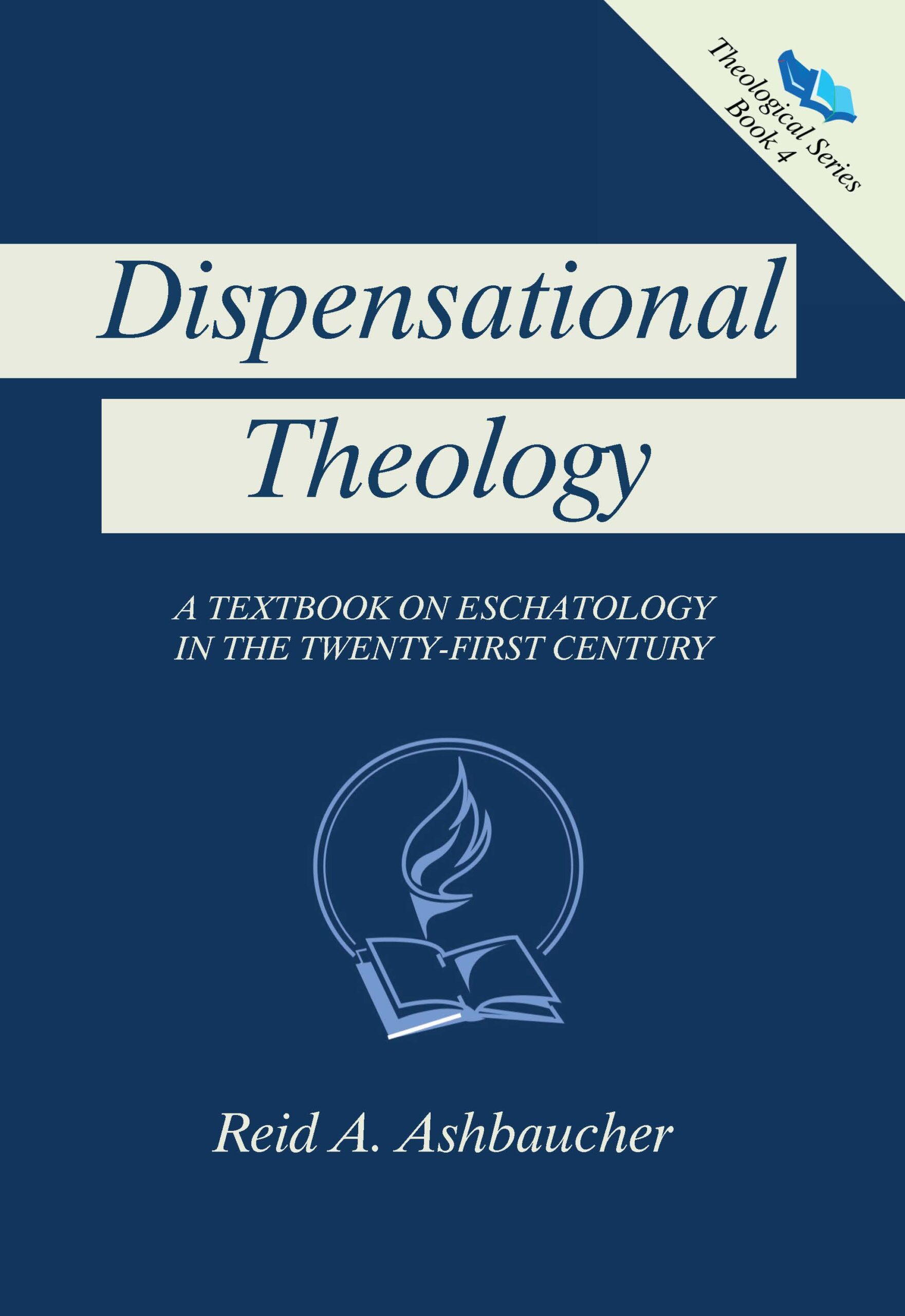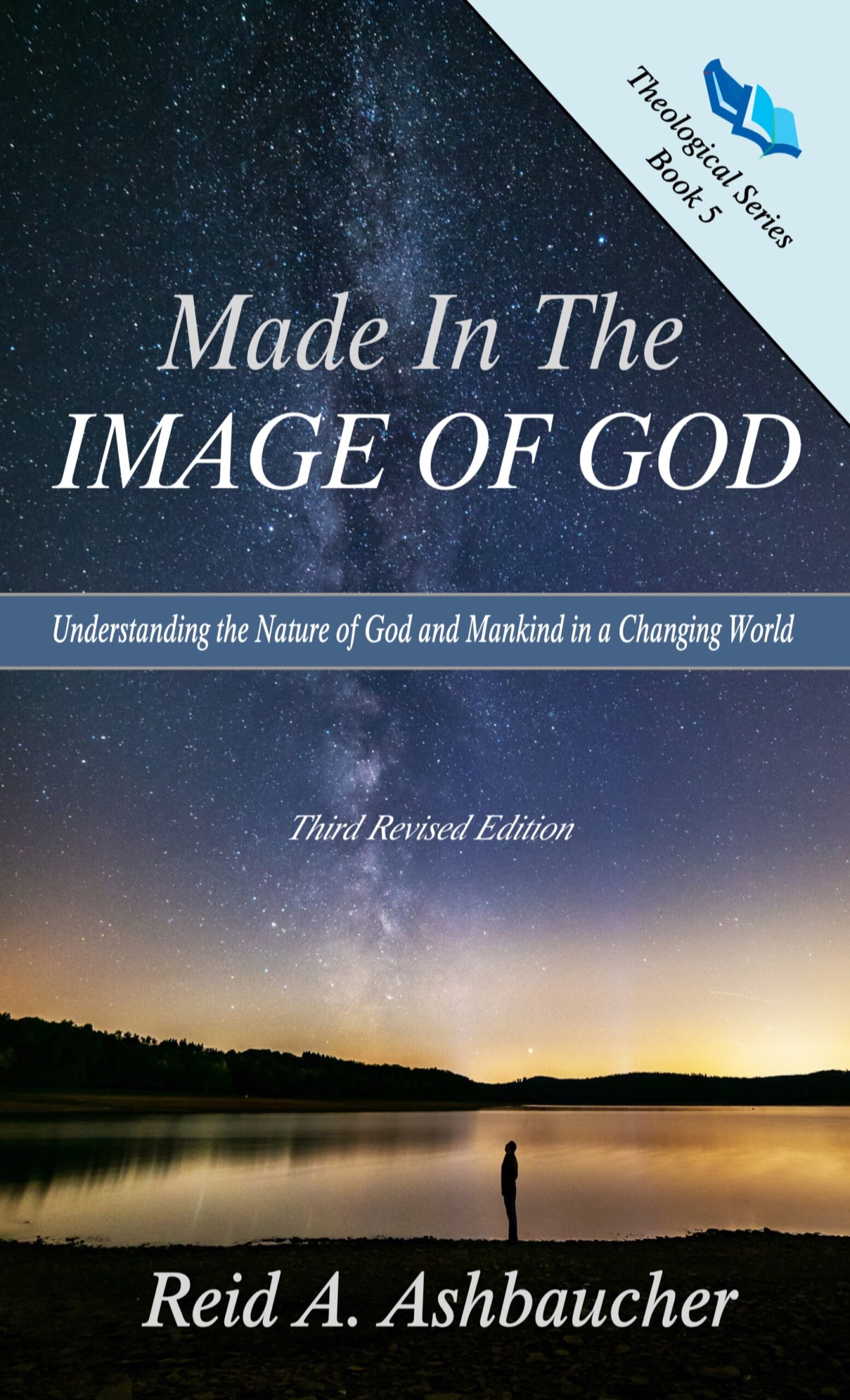by Reid Ashbaucher
5/15/2014
Religion
Religion is a subject that many seek out, but may not come to an understanding of how it all works. Eventually, for those that give up on the subject, they either become atheist, agnostics or join some form of the New Age movement. Why? Because, as human beings, it’s our nature to seek the easiest path that relieves our pain and provides us with some answers to life in general. But ultimately in the end, we find ourselves still feeling alone.
If you study religion and examine the differences between them, you begin to find small threads of commonality. Most religions have a god to look up too, along with having some form of ritual to please that god either by works or worship; and most religions ask us to do things that hopefully will enhance our lives and make us feel better about ourselves. All this will hopefully reward us with a blissful place to go to after death, or, provide us the opportunity to come back in a reincarnated state to a better position in life from when we left it.
These views and hopes are many times based on traditions passed down within families, religious originations, or a culture of life experiences with organized teachings seen as truth. This, in turn, produces some kind of internal feeling we get, but we are not really sure why. This brings us to the question: what is religion and what is the truth?
What is Religion?
Religion can be defined in many ways, but usually, it’s seen as a philosophy that speaks to the issues of our inner person. Because we are metaphysically made up of body, soul, and spirit our inner person is reflected back to us through our nature or spirit. Thus, religion is seen as speaking to the spiritual side of our nature. We then look for ways to understand or motivate ourselves to do good things according to our conscience in hopes to find meaning and peace in our final days of this life.
Within this understanding of religion, we are faced with the reality of life and its ultimate questions: is my view or philosophy correct and will it take me where I want to go now and after death?
Some Answers
Most religions are based on a works system. You are asked to obey a list of commandments or accomplish a list of things over your lifetime or honor a set of rituals and beliefs, then by doing so, you will gain favor with the god(s) of the system you are participating in. But like anything in life, there are no guarantees of the end result, sounds pretty hopeless doesn’t? Well maybe not!
What if I could introduce you to a spiritual life that is not based on many of these components; a life that provides assurances to those that are truly all in? Has curiosity crept in? Then let’s look at a religion that is over 2000 years old and examine its claims.
Christianity
Christianity came to us through the life and teachings of Jesus Christ or for some, Jesus Christ. So who is Jesus and why would he make any difference from other religious leaders?
Consider the following: Christianity is based on the teachings of the Scriptures also known as the Bible. Therefore, what we know or understand about Jesus Christ comes to us through the Scriptures. Where does our introduction of Jesus begin? From the Old Testament of the Scriptures, a part of the Bible is made up of historical documents called books, which are organized into three categories: the Law, the Prophets and the Writings. Collectively, the Old Testament is comprised of 39 books. These books were written hundreds even thousands of years before Jesus Christ took on the form of a man through the only human virgin birth.
There are hundreds of prophecies in the Old Testament that make reference to Jesus Christ, but we will only look at some key references to his identity and purpose. Isaiah 7:14 states: “Therefore the Lord Himself will give you a sign: Behold, a virgin will be with child and bear a son, and she will call His name Immanuel.” (NASB) Approximately 700 years later this prophesies was fulfilled as we read in Matthew 1:18-23:
“Now the birth of Jesus Christ was as follows. When His mother Mary had been betrothed to Joseph, before they came together she was found to be with child by the Holy Spirit. And Joseph her husband, being a righteous man, and not wanting to disgrace her, desired to put her away secretly. But when he had considered this, behold, an angel of the Lord appeared to him in a dream, saying, “Joseph, son of David, do not be afraid to take Mary as your wife; for that which has been conceived in her is of the Holy Spirit. And she will bear a Son; and you shall call His name Jesus, for it is He who will save His people from their sins. Now all this took place that what was spoken by the Lord through the prophet might be fulfilled, saying, Behold, the virgin shall be with child, and shall bear a Son, and they shall call His name Immanuel, which translated means, God with us.” (NASB)
What does this all mean? It means Jesus Christ is the Son of God. How do we come to such a conclusion? By the testimony of five different sources recorded for us in the Scriptures. First, from an unlikely source, we hear it from the spirit world of demons that Jesus came in contact with. Consider their words as found in Luke 4:40-41: “And while the sun was setting, all who had any sick with various diseases brought them to Him; and laying His hands on every one of them, He was healing them. And demons also were coming out of many, crying out and saying, ‘You are the Son of God!’ And rebuking them, He would not allow them to speak, because they knew Him to be the Christ.” (NASB) Second, from the testimony of one of his disciples as recorded in Matthew 16:13-17:
“Now when Jesus came into the district of Caesarea Philippi, He began asking His disciples, saying, Who do people say that the Son of Man is? And they said, Some say John the Baptist; and others, Elijah; but still others, Jeremiah, or one of the prophets. He said to them, But who do you say that I am? And Simon Peter answered and said, Thou art the Christ, the Son of the living God. And Jesus answered and said to him, “Blessed are you, Simon Barjona, because flesh and blood did not reveal this to you, but My Father who is in heaven.” (NASB)
Third, from the testimony of God the Father as found in Matthew 3:17 and Luke 9:35: “This is My beloved Son ” (NASB) Forth, the testimony of the centurion at the site of Christ’s crucifixion as recorded for us in Matthew 27:54: “Now the centurion, and those who were with him keeping guard over Jesus, when they saw the earthquake and the things that were happening, became very frightened and said, Truly this was the Son of God!” (NASB) And finally the testimony of Christ himself as recorded in John 4:25-26: “The woman said to Him, I know that Messiah is coming (He who is called Christ); when that One comes, He will declare all things to us. Jesus said to her, I who speak to you am He.” (NASB) These statements along with many miracles Jesus performed, along with his Resurrection from the dead, provide the proof proclaiming Jesus Christ to be God incarnate or God in the form of a man.
The question becomes: if this is true, then what was his message while on earth, and how does that affect us today? The answers to those questions can be answered by Christ himself.
“Jesus came into Galilee, preaching the gospel of God, and saying, “The time is fulfilled, and the kingdom of God is at hand; repent and believe in the gospel.” (Mark 1:14-15; NASB)
Jesus said to them, “I am the bread of life; he who comes to Me shall not hunger, and he who believes in Me shall never thirst. But I said to you, that you have seen Me, and yet do not believe. All that the Father gives Me shall come to Me, and the one who comes to Me I will certainly not cast out. For I have come down from heaven, not to do My own will, but the will of Him who sent Me. And this is the will of Him who sent Me, that of all that He has given Me I lose nothing, but raise it up on the last day. For this is the will of My Father, that everyone who beholds the Son and believes in Him, may have eternal life; and I Myself will raise him up on the last day.” (John 6:35-40; NASB)
There you have it; Jesus Christ is offering us eternal life. How? By repenting of our sins and putting our faith and trust in him as the Son of God who lived, died, and rose up from the dead for the forgiveness of mankind’s sins. And by what authority or right does he proclaim such things? Consider this:
Mark 2:5-12 states: “And Jesus seeing their faith said to the paralytic, ‘My son, your sins are forgiven.’ But there were some of the scribes sitting there and reasoning in their hearts, Why does this man speak that way? He is blaspheming; who can forgive sins but God alone? And immediately Jesus, aware in His spirit that they were reasoning that way within themselves, said to them, Why are you reasoning about these things in your hearts? Which is easier, to say to the paralytic, ‘Your sins are forgiven’; or to say, ‘Arise, and take up your pallet and walk’? But in order that you may know that the Son of Man has authority on earth to forgive sins He said to the paralytic I say to you, rise, take up your pallet and go home. And he rose and immediately took up the pallet and went out in the sight of all; so that they were all amazed and were glorifying God, saying, We have never seen anything like this.” (NASB)
The Scriptures are full of historical accounts in testimony to who Jesus Christ is. This brings us to our final comments to why Christianity is different from all other religions.
This question can be best answered with Jesus summing up the responsibility of the Christian life, as he responded to a question that was meant to entrap him philosophically in order to discredit him before the masses. “Teacher, which is the great commandment in the Law? And He said to him, You shall love the Lord your God with all your heart, and with all your soul, and with all your mind. This is the great and foremost commandment. The second is like it, You shall love your neighbor as yourself. On these two commandments depend the whole Law and the Prophets. It was from this day forward that no one asked him any more questions.” (Matthew 22:36-40; NASB)
The Christian life is not about the Law but about obedience to the new nature that comes with being born-again (John 3: 3-16). Jesus said in John 14:15: “If you love Me, you will keep My commandments.” (NASB) Christians do not keep rules or commandments for the purpose of working their way to heaven. Christians keep God’s commandment or standards because they love God and their fellow human beings. And where does this love come from? It’s a gift from God through the work of the Holy Spirit. This is what was meant as expressed in 1 John 4:7-11:
“Beloved, let us love one another, for love is from God; and everyone who loves is born of God and knows God. The one who does not love does not know God, for God is love. By this the love of God was manifested in us, that God has sent His only begotten Son into the world so that we might live through Him. In this is love, not that we loved God, but that He loved us and sent His Son to be the propitiation for our sins. Beloved, if God so loved us, we also ought to love one another.” (NASB)
So what is this love expressed here? It’s an attitude of selfless giving of oneself to God and others in thought and deed. Jesus demonstrated this by sacrificing himself on the cross and dying for the sinfulness of mankind over 2000 years ago.
Something to think about.
Reid Ashbaucher was born in the United States, and holds a B.A. degree in Comprehensive Bible an M.A. degree in Christian Theology, and is the author of “Made in the Image of God”. Permission to reprint article is granted. http://booksite.rcetc.com
Article Source: http://www.faithwriters.com–CHRISTIAN WRITERS










